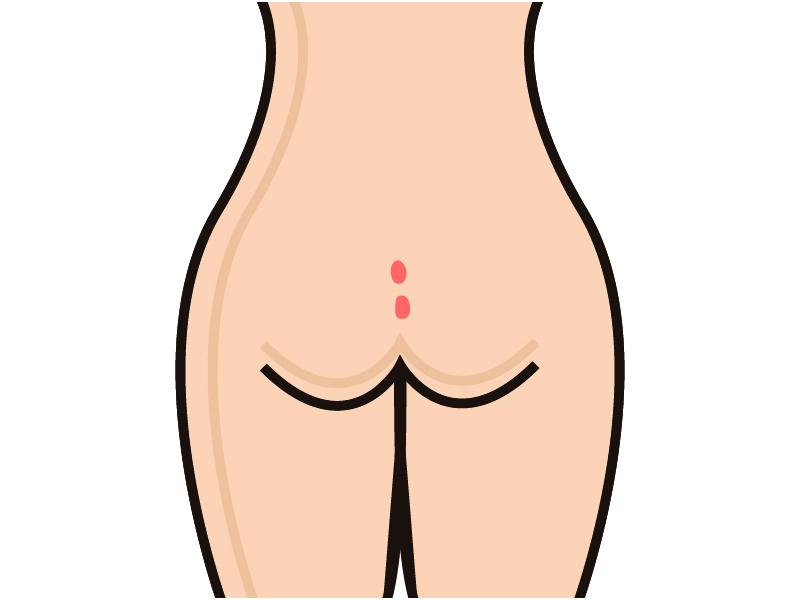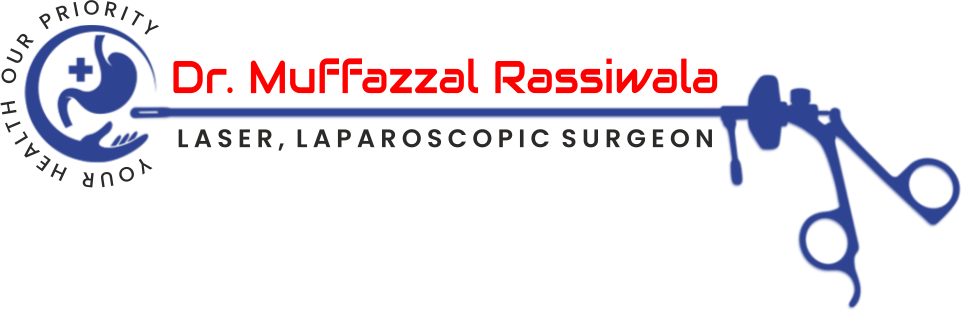Pilonidal Sinus Treatment in Indore
Home » Pilonidal Sinus Treatment in Indore
Schedule your appointment
+91-8851463446
Muffazzalr@gmail.com
Visit Us
Address1:
Cabin No. Cabin no. 104, First floor Shalby R S bhandari Marg, Janjeerwala Square, Indore, Madhya Pradesh - 452003
Address2: Shop 6, Manik Bagh Rd, Phadnis Colony, Ashoka Colony, Palace, Indore, Madhya Pradesh 452014
Address3: 45 Jawahar Marg, 1st Floor, Badshah Chamber, Near Municipal Car Parking, Premsukh Cinema, Indore, Madhya Pradesh - 452007

Best Pilonidal Sinus Treatment in Indore
Pilonidal sinus disease is a condition characterized by the formation of small tunnels or abscesses in the skin near the tailbone. These sinuses can become infected and cause pain, swelling, and drainage of pus or blood. Treatment options range from conservative measures to surgical interventions, depending on the severity of the condition.
Symptoms or Causes:
Pilonidal sinus disease often develops due to ingrown hairs or friction in the sacrococcygeal region. Common symptoms include pain, swelling, redness, drainage of pus or blood, and recurrent infections. Risk factors include obesity, a sedentary lifestyle, excessive sweating, and a family history.
Treatment Options:
At our facility, we offer comprehensive treatment options for pilonidal sinus disease tailored to each patient’s needs. Treatment may include conservative measures such as antibiotics, pain management, and hygiene measures to prevent recurrence. For recurrent or severe cases, surgical intervention may be necessary to remove the sinus tracts and promote healing.
Why Choose Us:
Choose us for Pilonidal Sinus Treatment in Indore for specialized expertise and compassionate care. With a focus on patient comfort and safety, our experienced team ensures effective treatment and optimal outcomes. Trust us for personalized care tailored to your needs, providing peace of mind throughout your journey to recovery.
If you are experiencing symptoms of pilonidal sinus disease or have been diagnosed with this condition, we encourage you to schedule a consultation with one of our proctology specialist in Indore. During your consultation, we will evaluate your condition and discuss the most appropriate treatment options for you.
FAQs
Risk factors for pilonidal sinus disease include obesity, sedentary lifestyle, excessive sweating, family history, and occupations or activities that involve prolonged sitting or friction in the sacrococcygeal region.
Pilonidal sinus disease is typically diagnosed based on a physical examination and medical history. Imaging studies such as ultrasound or MRI may be ordered to evaluate the extent of the disease and rule out other conditions.
Treatment options for pilonidal sinus disease include conservative measures such as antibiotics, pain management, and hygiene measures. For recurrent or severe cases, surgical intervention may be necessary to remove the sinus tracts and promote healing.
The recovery process after pilonidal sinus surgery varies depending on the type of procedure performed and the individual patient. Most patients can expect some discomfort and swelling after surgery, which can be managed with pain medications and proper wound care. Your surgeon will provide specific instructions on postoperative care and activity restrictions.

